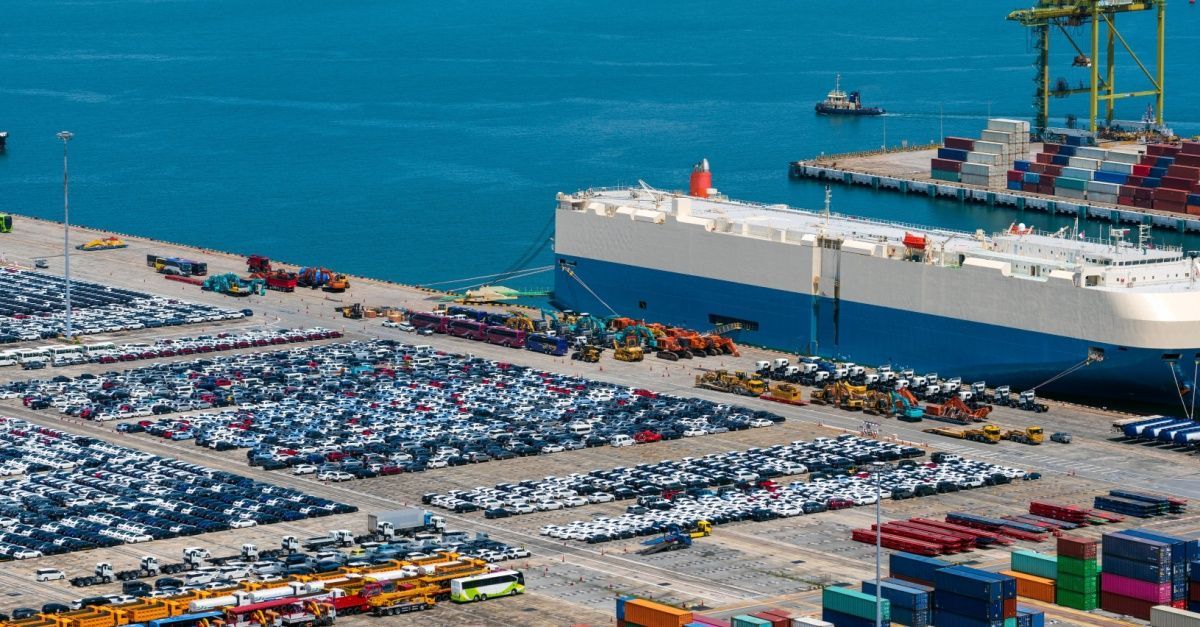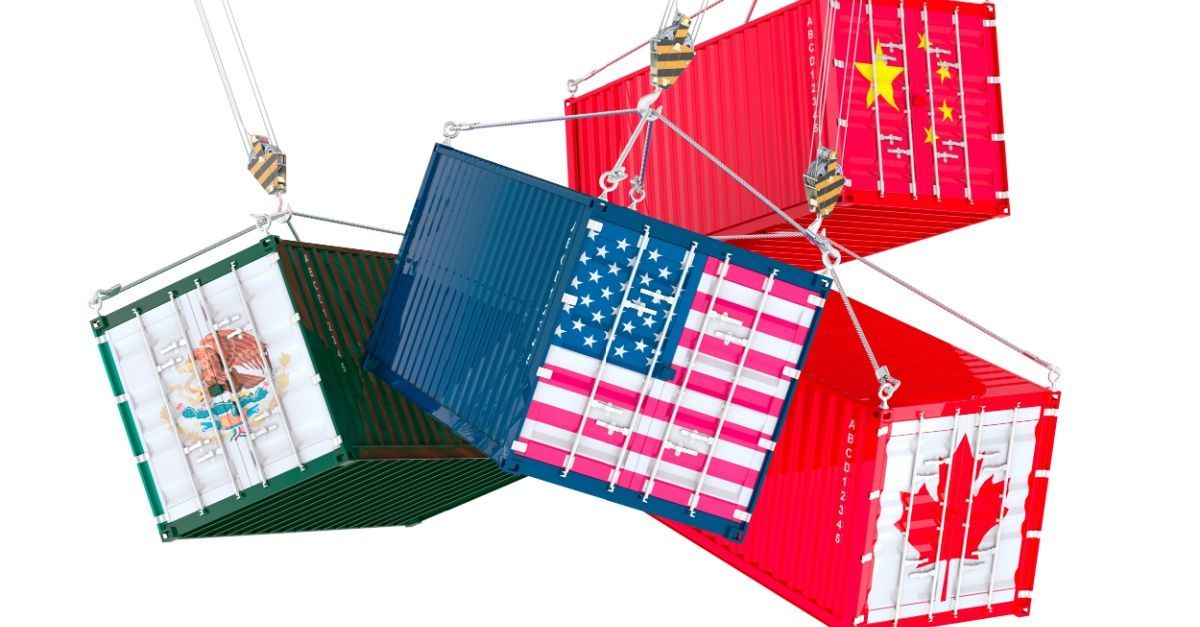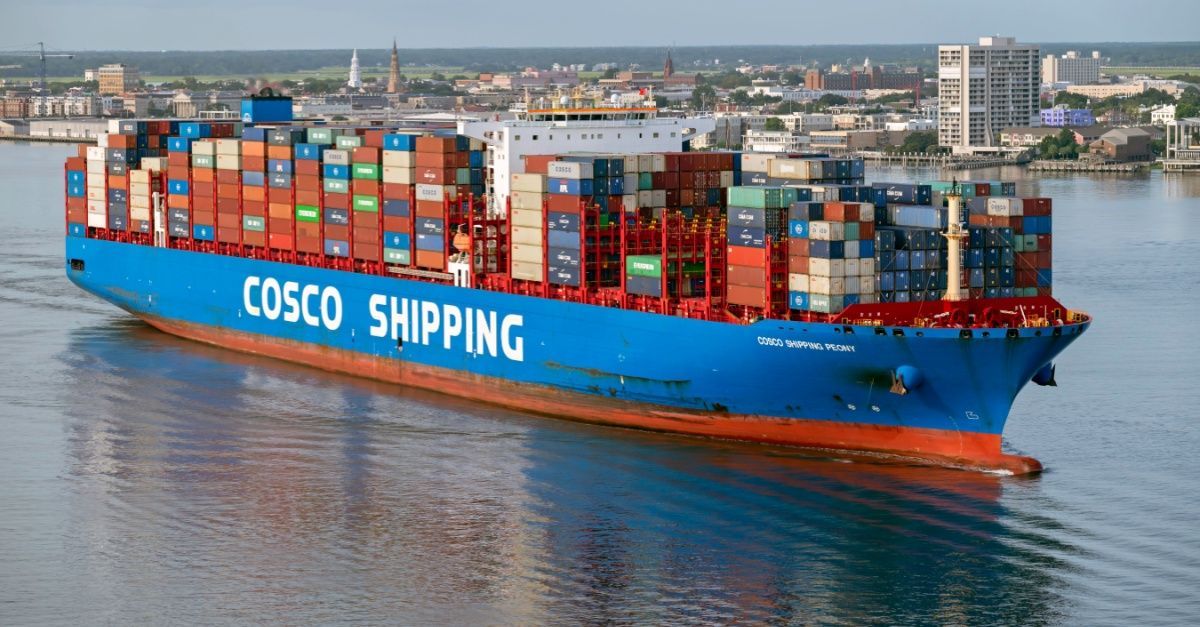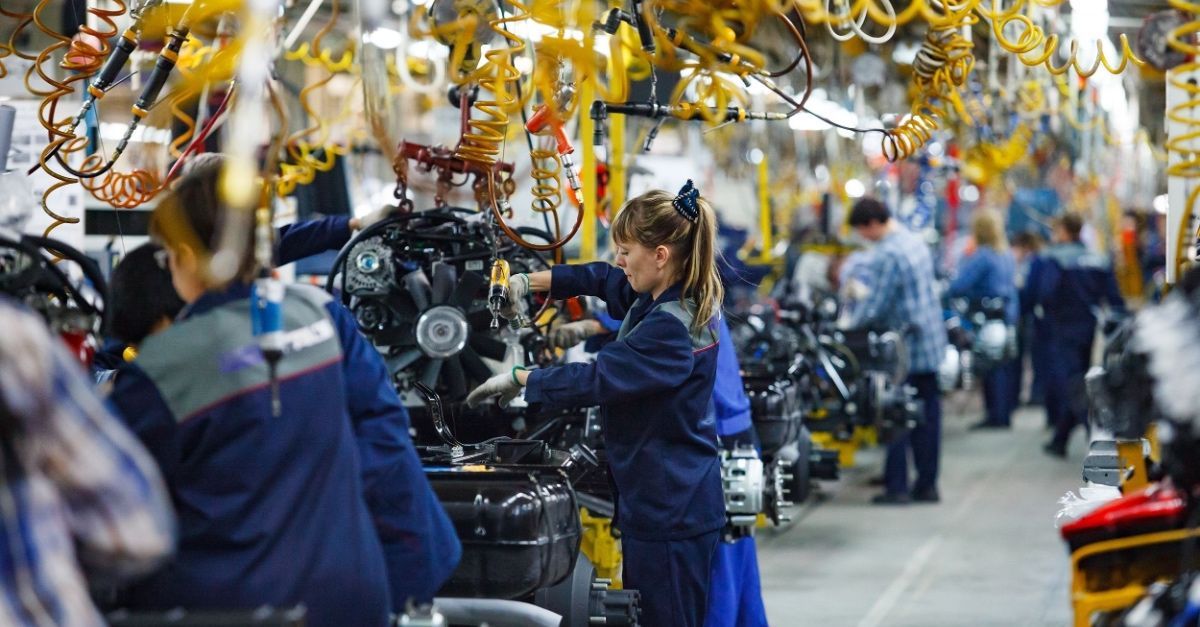Innovations in Expedited Trucking for Food Manufacturers
Blog Post CTA
We will get back to you as soon as possible.
Please try again later.
In the heart of every vibrant kitchen or local supermarket aisle, there's an unsung hero: expedited trucking. It's not just about the roar of engines or the blur of passing highways. It's about that ripe avocado in your salad and the fresh milk in your morning coffee. When 71% of all American freight, especially the food we love and need, relies on trucks, you begin to see the journey behind every bite. This method of transportation does more than move boxes; it keeps our food fresh, safe, and ready for our tables.
Yet, as our world keeps evolving, especially in the wake of supply chain disruptions and challenges, so do the needs of
food manufacturers. They're caught in a delicate balancing act of preserving quality, ensuring timely deliveries, and managing costs. With its agility, load consolidation, and strategic route planning, expedited trucking
offers a remedy. By embracing these innovative transport solutions, food manufacturers don't just keep up;
they lead the way, ensuring every plate has
fresh, safe, timely, and cost-effective produce from farm-to-table.
Food Manufacturers Face a Challenging Shipping Landscape
Food manufacturers confront a challenging shipping arena driven by rising costs, strict regulations, and more. With the global shift towards farm-to-fork transparency, the demand for efficient transportation solutions has never been greater, prompting shippers and carriers to embrace strategies to face the following obstacles.
Temperature Control and Food Safety
Shipping perishable foods demands a blend of speed, safety, service, and utmost precision. Every item has its unique temperature requirements, from tropical fruits like bananas, which thrive at temperatures between 53.6°F and 57.2°F, to deep-frozen delicacies such as shrimp and fish, which require an arctic-like minus-18.4°F to minus-22°F. By adhering to these optimal conditions, shippers can guarantee the freshness and safety of each item. This commitment ensures that goods, even after long-haul journeys, reach their destinations with their quality intact. This level of care is essential for delivering top-notch food products to consumers.
Regulatory Compliance
Consumer safety takes center stage in the food industry, resulting in a complex web of regulations, from labeling to safety protocols. These guidelines aren't just bureaucratic red tape but are crucial standards that uphold public health. Manufacturers who don't meet these standards face heavy fines and potential product recalls and jeopardize their brand's reputation. It's concerning that 48 million Americans endure foodborne illnesses yearly, with 3,000 of these incidents becoming fatal, highlighting the need for these regulations. In response, the FDA Food Safety Modernization Act (FSMA) has sharpened its focus on illness prevention, providing clear directives for the entire global supply chain. This legislation emphasizes our shared duty to ensure that every bite we take is safe and reliable.
Supply Chain Disruptions
The global supply chain, crucial for food manufacturers, encountered significant disruptions in 2023. Resilinc documented 8,197 disturbances, marking a 3% increase from the previous year. Most alarmingly, labor-related issues, particularly strikes, skyrocketed by 136%, with the healthcare and food sectors bearing the brunt. The business landscape also felt the tremors as bankruptcies soared by an unprecedented 196%. Manufacturing wasn't immune either, with interruptions—from complete shutdowns and production halts to labor conflicts—expanding by 30% compared to the previous year. Moreover, product recalls saw a sharp 66% increase from the first half of 2022, underlining the need for more robust and resilient supply chain strategies.
For Today’s Food Manufacturers, Innovative Logistics are Essential
Food manufacturers can no longer rely on outdated logistics systems these days. With modern logistics demanding adaptability, efficiency, and precision to not only meet demand but also follow regulations, the following technologies are taking center stage.
Advanced Tracking and Visibility
Today's logistics go beyond merely transporting goods; it's about real-time insights. For companies like Alpine Fresh, specialists in fresh produce, the stakes are even higher given the perishability of their products. They once confronted the twofold challenge of product spoilage and the limitations of outdated lithium-battery trackers. However, their strategic alliance with Tive in 2019 marked a pivotal turning point. Leveraging the capabilities of Tive's Solo 5G trackers, Alpine Fresh had access to real-time data concerning location and crucial metrics like temperature and humidity. This upgrade in technology transcended basic tracking. It empowered Alpine Fresh with enhanced sustainability and safety measures, streamlined communication, and, most importantly, resulted in tangible financial benefits. A testament to this transformation is their substantial savings, averting potential losses on high-value shipments like their $120,000 blueberry consignment and a $90,000 asparagus load.
Temperature Control Technologies
Safeguarding temperature-sensitive cargo is at the heart of food manufacturing. Thanks to modern refrigeration and climate control innovations, we've moved beyond basic temperature management. Today's advanced cooling systems guarantee that products remain fresh from warehouse shelves to consumers, effectively thwarting spoilage. This evolution signifies more than temperature optimization; it embodies a deeper commitment to sustainability, energy efficiency, and considerable food loss reduction. Remarkably, with appropriate cold storage, up to 144 million tons of food loss could be curtailed in developing countries alone. Furthermore, innovative tools like the modernized cold chain and IoT-integrated warehouse management indicate the industry's notable progress, enhancing profitability and transforming our food preservation and safety outlook.
Data Analytics and Predictive Tools
Logistics today goes beyond just moving products—it's about smartly utilizing data to make informed decisions. Data analytics are at the forefront of this transformation, offering a dynamic way to optimize routes by considering real-time factors such as current traffic or impending weather disruptions. Through the power of AI, complex challenges like costly container storage or complex route planning are streamlined, especially crucial in the food sector with its varying storage needs. On the demand side, sophisticated predictive models, ranging from time-series analysis to neural networks, provide a window into future needs. By tapping into these tools, food manufacturers can anticipate demand, minimize waste, enhance delivery timelines, and always stay prepared for what's coming next.
Expedited Trucking: Bringing Freshness to Your Doorstep
Behind every delicious meal and snack you relish lies a remarkable journey—trucks zipping across highways, ensuring that whatever fruit, vegetable, dairy, meat, or seafood product you want arrives fresh. From the hustle and bustle of shipping lanes to the precision of temperature-controlled storage, it's a world where timing, safety, and innovation play pivotal roles. And as our dining tables increasingly demand farm-fresh and timely supplies, this logistics dance gets even more intricate.
That's where
Entourage Freight Solutions (EFS) steals the spotlight. They're not just another logistics company. They're your behind-the-scenes partners, ensuring your food arrives fresh, safe, and timely. Whether managing a full truckload or nifty solutions for
temperature-sensitive goods, EFS is the unsung hero in making it all happen with expedited trucking.
If you're passionate about getting the best to your consumers or a food manufacturer seeking a logistics partner that "gets it," let's chat.
Contact Entourage Freight Solutions, and let's help you bring the freshest flavors straight to your table.









